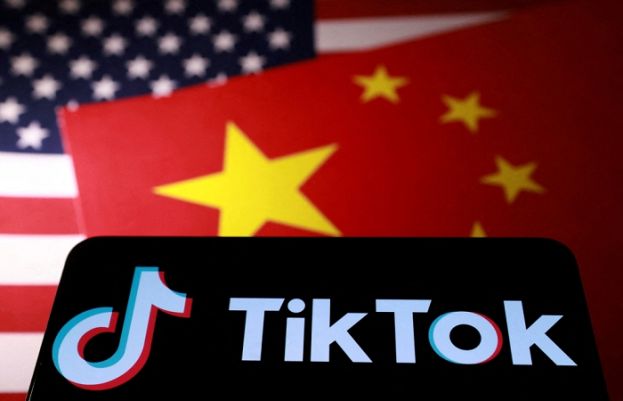President Donald Trump claims to have found a solution to keep TikTok operational in the United States through a group of investors set to acquire the short-video app from its Chinese owners in compliance with US law. However, many questions remain unanswered about how the deal will work and what it means for American users. Is there really a deal? Any sale of TikTok’s US operations would require ByteDance, its Chinese owner, to divest a move that needs approval from Beijing. The Chinese government is reluctant to see a national champion forced out of its largest market amid an ongoing trade conflict with the increasingly protectionist Trump administration. While the White House has claimed that China has accepted the deal, there has been no confirmation from Beijing. TikTok and ByteDance have not responded to queries. “This deal is still very confusing in terms of what is exactly going on,” said Andrew Selepak, a media professor at the University of Florida. Is Trump taking over TikTok? In an executive order signed Thursday, the White House outlined a plan centered on key investors with close ties to the president. Trump specifically named Oracle CEO Larry Ellison, a longtime ally and the world’s second-richest man, as a major player in the arrangement. Ellison, one of the few high-profile Republicans in Silicon Valley, has been brought back into the spotlight through his involvement with Trump, including major AI partnerships with OpenAI. The 81-year-old Ellison has also supported his son David’s acquisition of Hollywood studio Paramount and is reportedly exploring a stake in Warner Brothers. The investor group also includes 94-year-old media mogul Rupert Murdoch and his son Lachlan, who control Fox News. Whether this signals a conservative rebranding of TikTok a platform Trump credits with helping him reach young voters remains unclear. Trump denied this possibility on Thursday. The prospect of a right-wing shift, or increased government intervention in media, has raised concerns that key platforms are falling under conservative control, potentially limiting diverse viewpoints in a bitterly divided America. The fate of TikTok will be decided amid major shifts across social media platforms. Elon Musk has transformed X (formerly Twitter) into a vehicle for far-right politics, driving away many establishment media outlets and liberal users. Meanwhile, Meta’s Mark Zuckerberg has aligned with Trump and overhauled content moderation on Facebook and Instagram to address Republican claims of anti-conservative bias. Why so cheap? At Thursday’s White House ceremony, Vice President JD Vance pegged the deal at $14 billion. That’s a surprisingly low figure given Twitter’s $44 billion valuation when it sold and TikTok’s unique reach among young consumers in the world’s largest economy. Bloomberg reporting helped shed light on the modest price tag: unnamed sources indicated that ByteDance would retain significant value through an expensive licensing arrangement, potentially receiving about half of the new company’s profits even if the company would hold just a 20 percent stake, according to Trump’s plan. Such terms could trigger alarm in Washington, where some lawmakers could scrutinize whether any sale meets the requirements of the divest-or-ban law that should have taken effect in January but has been repeatedly delayed since Trump took office. And confusingly, the executive order announced Thursday extended the deadline to ban TikTok until mid-January to finalize a deal that the Trump administration simultaneously claimed was already complete. John Moolenaar, the Republican chairman of the House Foreign Affairs Committee, reiterated this point on Friday and warned that he would be “conducting full oversight over this agreement.” “ByteDance has shown time and again that it is a bad actor,” he said. The Trump plan “offers vague assurances about protecting US national security but provides virtually no specifics,” said Carl Tobias of the University of Richmond School of Law. Adding to skepticism: Ellison’s Oracle already manages TikTok’s data servers from an earlier attempt to address US security concerns. Critics question whether this deal changes anything substantive.
Trump’s TikTok deal raises more questions than it answers

